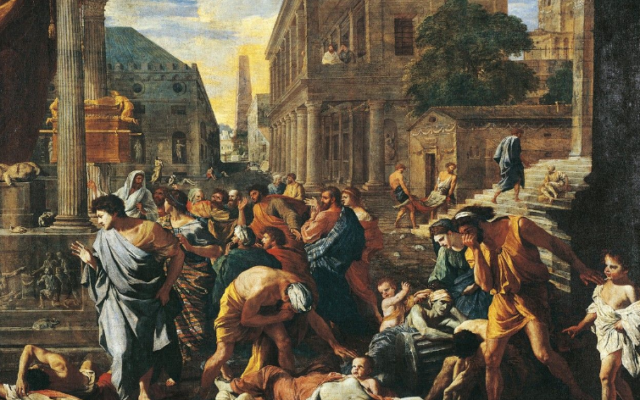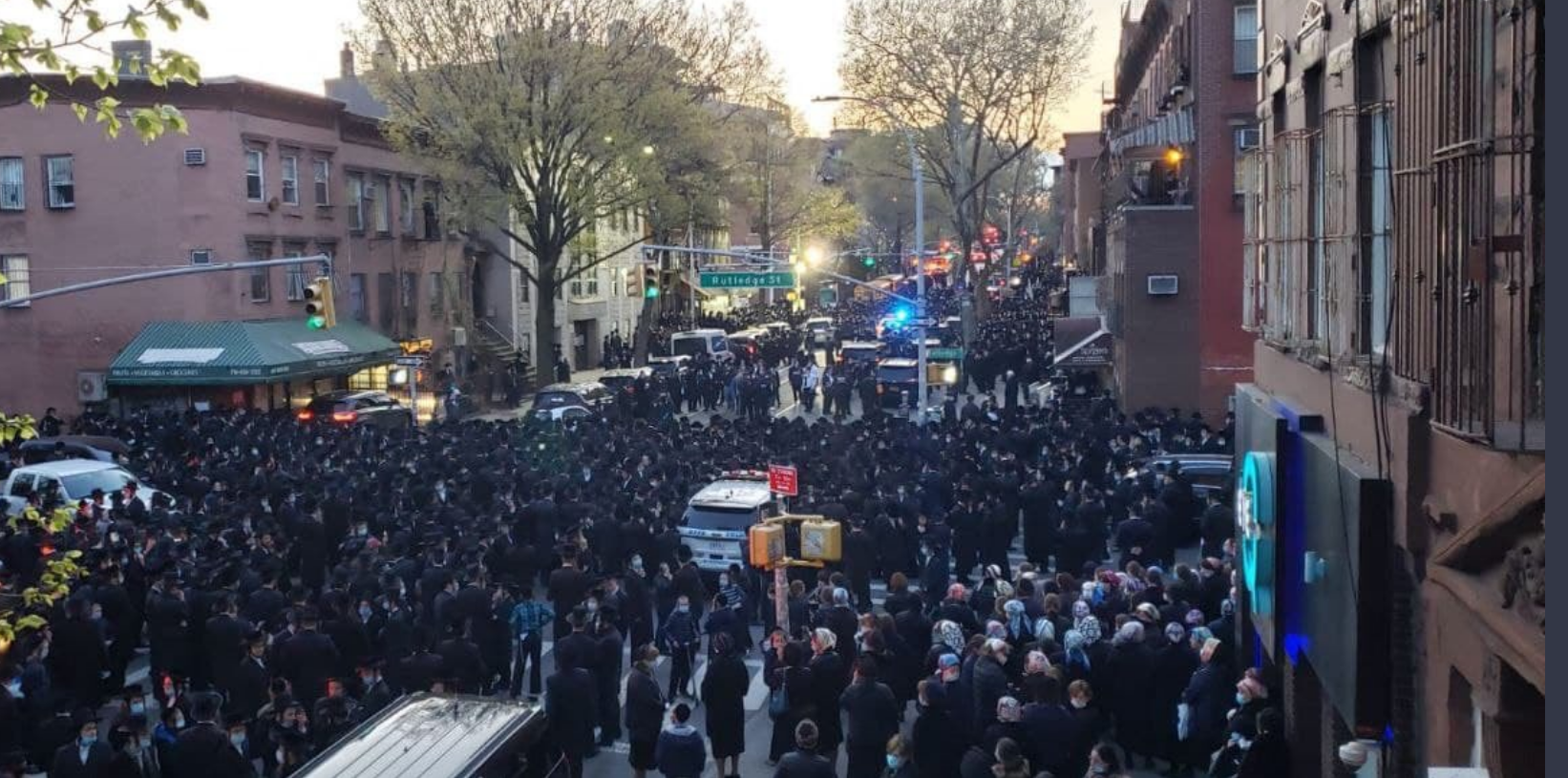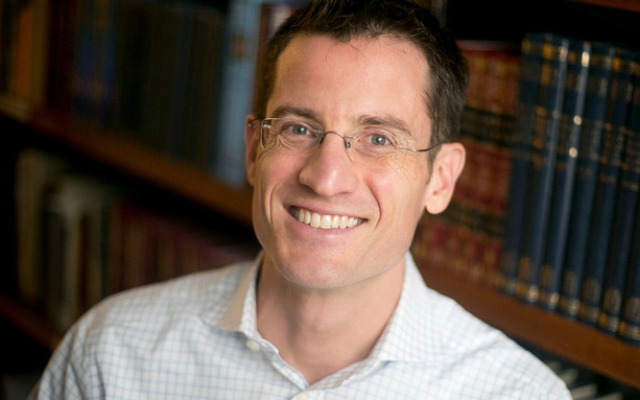Jewish Ethics Has Much to Say About Pandemics
Emory professor outlines Jewish principles for making health care decisions during critical times.
Before there was a Centers for Disease Control and Prevention in Atlanta, before there was a U.S. Public Health Service in America and before there was the World Health Organization, Jews had the Torah and the Talmud to guide them through health crises.
That was the message that was discussed recently in an online program by Jonathan Crane, a Reform rabbi and nationally known scholar of medical ethics and Jewish thought at Emory University.
Crane, who is the founder and co-editor of The Journal of Jewish Ethics, believes that the centuries-old evolution of Jewish law has played an important role in how Jewish communities have responded to serious threats to health.
Among the most important of these ideas is the principle of b’tselem elohim, the notion that all mankind was created in the image of G-d. The principle expressed in the opening verses of the Book of Genesis had considerable influence in how Jews viewed health care during critical times.
“All this comes down to the notion that we have equal merit before God,” Crane said. “And this should also be a driving principle when making those heart-rendering decisions of triage and deciding who should get access to critical life sustaining materials in a clinical setting.”
In times of widespread illness, such as the bubonic plague that ravaged much of Europe for nearly 400 years between the 14th and 18th centuries, Jews looked to religious scholars to give them guidance based on sound ethical principles. According to Crane, decisions must be based on the facts of a particular situation.
“When we go about making your decisions, Judaism certainly champions factual thinking. And when we start thinking about vectors, about how did the disease arise in the first place, it is far better for us to start thinking about prevention. How do we prevent pandemics from arising in the first place?”
Judaism, when human lives are at stake, puts little credence on miracles. The miraculous doesn’t find much acceptance in the writings of the great medieval Jewish philosopher and physician Maimonides or the guidance offered in Rabbi Joseph Caro’s guide to everyday Jewish living, the Shulchan Aruch.

As Crane points out, how be behave is what really makes a difference. “It’s far better to pay attention to the actual behaviors of what will save lives, like taking care of the dead bodies and getting them quickly buried so that they don’t continue to infect the community. It is far better, according to these texts, not to believe in magical thinking, but to engage in factual thinking in order to ground and inform the decisions that you need to make when facing a pandemic.”
Despite the explicit precautions of Jewish religious law, knowledgeable observers have expressed disappointment with the behavior of some ultra-Orthodox communities who have grown up with a thorough grounding in Talmudic principles.
In places such as Bnei Brak outside Tel Aviv, which has a large observant population, the police and the Israeli army had to be called out in April to enforce a quarantine and restrictions on travel.

That same month there were news reports of 2,500 mourners attending a funeral in Brooklyn of a revered chasidic rabbi. The crowd assembled in defiance of New York City health regulations. According to Crane, the adherence to Jewish law by some religiously observant communities in this pandemic has been a complicated issue.
“There are some Jewish communities that defer to rabbinic leaders as their authority figures and oftentimes, by default, on a variety of bioethics issues. Unfortunately, some of those rabbinic figures are undereducated when it comes to medicine.”
Nonetheless the coronavirus pandemic during the last several months has produced a widespread interest in Jewish law and Jewish legal arguments.
It’s been an exciting time for authorities such as David Berger, a historian and dean of the graduate school of Jewish Studies at Yeshiva University, according to a recent article by the Jewish Telegraphic Agency news service.
“I don’t think there’s ever been anything like this because of the proliferation of questions and because of the extraordinary means of communications,” Berger told JTA.
Just last month the Conservative movement overwhelmingly approved a decision written by Atlanta Rabbi Joshua Heller of Congregation B’nai Torah that legalized the use of electronic devices for worship services on Shabbat.
Rabbi Elliot Dorff, who co-chairs the Conservative movement’s committee on Jewish law, said of the acceptance of change during the pandemic, “it’s like night and day.”
He said, “Once this is all over, this is going to be a really interesting case study of how halachah evolves quickly when it needs to.”
- Centers for Disease Control and Prevention
- Atlanta
- U.S. Public Health Service
- World Health Organization
- Jonathan Crane
- Emory University
- Reform Judaism
- The Journal of Jewish Ethics
- Book of Genesis
- Rabbi Joseph Caro
- Maimonides
- Shulchan Aruch
- Bnei Brak
- tel aviv
- New York City
- David Berger
- Yeshiva University
- Jewish Studies
- Jewish Telegraphic Agency
- Rabbi Joshua Heller
- Rabbi Elliot Dorff
- Conservative Judaism
- Orthodox Judaism
- Atlanta Jewish Times




comments